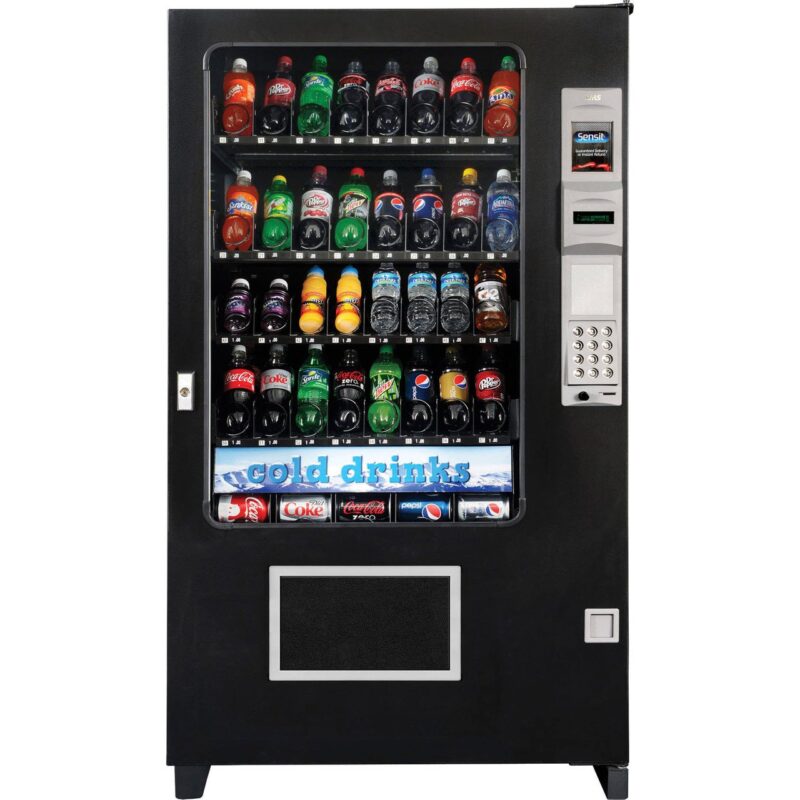
Starting a vending machine business can be a profitable and relatively low-maintenance venture. With proper planning and execution, you can create a steady stream of passive income. Here’s a step-by-step guide to help you start your own vending machine business.
1. Research the Industry
Before diving in, it’s crucial to understand the vending machine industry. Research different types of vending machines (e.g., snack, beverage, combo, specialty) and identify which type suits your interests and target market. Familiarize yourself with industry trends, such as the growing demand for healthier snack options.
2. Create a Business Plan
A solid business plan is essential for success. Your business plan should include:
- Market Analysis: Identify your target market and potential locations for your machines.
- Financial Plan: Estimate startup costs, ongoing expenses, and projected revenue.
- Business Structure: Decide whether you’ll operate as a sole proprietorship, partnership, LLC, or corporation.
- Marketing Strategy: Plan how you’ll attract and retain customers.
3. Secure Financing
Starting a vending machine business requires capital for purchasing machines, stocking products, and covering initial operational costs. Assess your financial situation and explore funding options such as personal savings, loans, or investors.
4. Choose a Niche
Determine what type of vending machines you want to operate. Options include:
- Snack and Beverage Machines: Offer a variety of snacks and drinks.
- Healthy Food Machines: Provide nutritious options for health-conscious consumers.
- Specialty Machines: Dispense items like electronics, beauty products, or even CBD products.
5. Find the Right Locations
Location is critical to the success of your vending machines. Look for high-traffic areas such as:
- Office Buildings: Provide snacks and drinks for employees.
- Schools and Universities: Cater to students and staff.
- Hospitals and Clinics: Offer convenient snack options for visitors and healthcare workers.
- Gyms and Fitness Centers: Focus on healthy snacks and beverages.
Negotiate placement agreements with property owners, offering them a commission or rental fee.
6. Purchase Vending Machines
Invest in high-quality vending machines that suit your niche. Consider factors such as:
- Cost: New machines can be expensive, so consider refurbished options.
- Features: Look for machines with cashless payment options, inventory tracking, and energy efficiency.
- Supplier: Choose reputable suppliers who offer warranties and maintenance support.
7. Stock Your Machines
Select products that cater to your target market. Partner with wholesalers or local suppliers to purchase products at a lower cost. Regularly monitor inventory levels and sales trends to ensure your machines are always stocked with popular items.
8. Set Pricing and Monitor Sales
Set competitive prices based on your costs and desired profit margin. Use vending machine software to track sales and inventory, helping you make informed decisions about product selection and pricing adjustments.
9. Maintain Your Machines
Regular maintenance is crucial to keep your machines in good working condition. Clean and service your machines regularly to prevent malfunctions. Promptly address any issues to minimize downtime and maintain customer satisfaction.
10. Market Your Business
Promote your vending machine business through various channels:
- Social Media: Use platforms like Facebook, Instagram, and LinkedIn to reach potential customers and share updates.
- Local Advertising: Distribute flyers and business cards in your target areas.
- Networking: Attend local business events and join industry associations to connect with potential clients and partners.
11. Monitor and Grow Your Business
Track your performance by monitoring sales data and customer feedback. Identify areas for improvement and opportunities for expansion. Consider adding more machines or exploring new locations to grow your business.
Starting a vending machine business requires careful planning, research, and execution. By following these steps, you can establish a successful and profitable venture. Stay committed to maintaining and expanding your business, and you’ll enjoy the benefits of this lucrative industry.